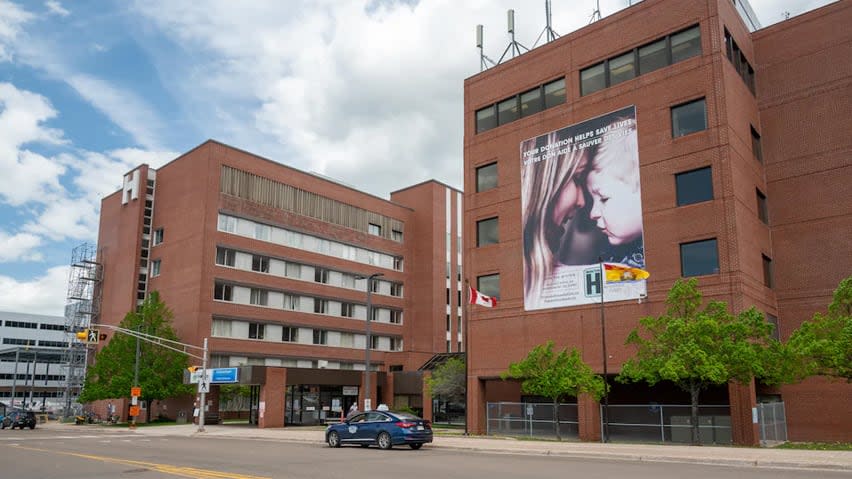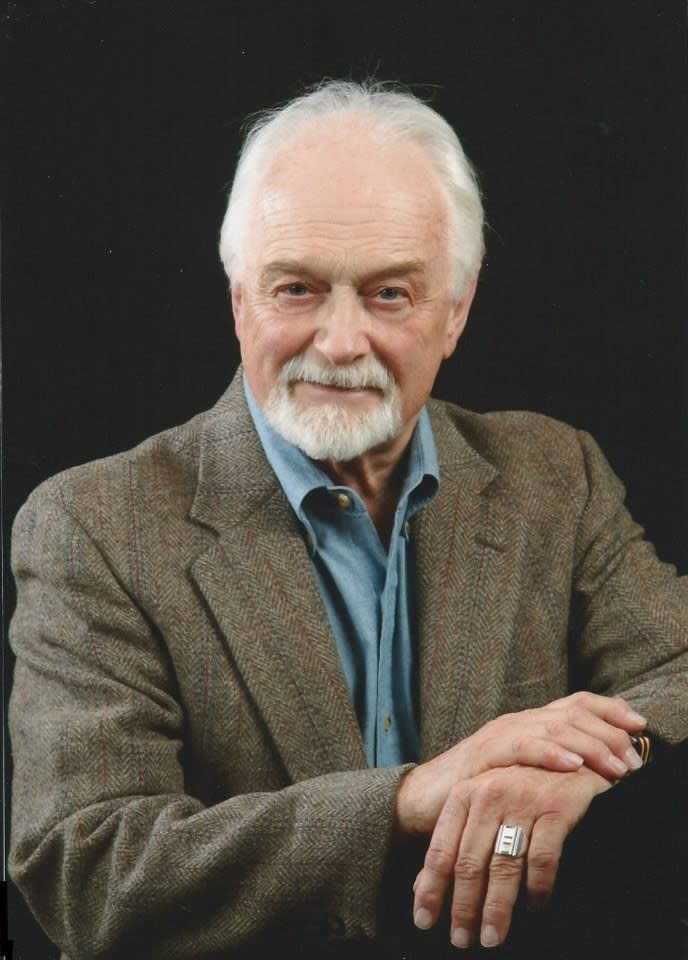Coroner inquests will not be held into two other emergency department waiting room deaths that occurred in New Brunswick in 2022, shortly after Fredericton ER waiting room death of Darrell Mesheau in July of that year, for whom an inquest was held last week.
A man died at the Moncton Hospital’s ER on Nov. 22, after he waited some six hours to see a doctor or nurse. The former kidney transplant patient, a husband and father of five, allegedly told staff numerous times he believed he was dying.
Fifteen days later, on Dec. 7, a man in his 70s died in the waiting room of the Edmundston Regional Hospital’s ER.
“Coroner Services has investigated the two deaths and determined there will be no inquests,” Department of Justice and Public Safety spokesperson Allan Dearing told CBC News Monday.
“As part of the process to determine if an inquest will be conducted, outside of what’s required by legislation, Coroner Services reviews past and/or scheduled inquests to determine if recommendations have been made to prevent deaths under similar circumstances in the future,” he said in an emailed statement.
Dearing did not immediately respond a request to elaborate.
Coroner Services is mandated to review all suspicious or questionable deaths in the province and to conduct inquests when deemed necessary “in the public interest.”
An inquest helps satisfy a community that a death has not been “overlooked, concealed, or ignored,” deputy chief coroner Emily Caissy, told the Mesheau inquest.
Moncton ER was in ‘critical overcapacity state’
The death of the Moncton ER patient, identified by members of the Moncton Muslim Association by only the initials MS, prompted a rally outside the hospital on Nov. 26.
He had undergone a medical procedure a few days earlier and was instructed to return to the ER immediately if he had back or chest pain, according to the association. He went to the ER on Nov. 21 with severe back and chest pain and was directed to the waiting room around 10 p.m.
By 3:30 a.m., MS was dead.

The Moncton Hospital ER patient who died had been triaged and was waiting to be assessed by a physician when his condition ‘quickly deteriorated,’ Horizon’s head of emergency services has said. (Guy LeBlanc/Radio-Canada)
The ER was “in a critical overcapacity state” at the time, Horizon Health Network’s clinical lead of emergency services, Dr. Serge Melanson, previously told CBC.
The patient was “triaged appropriately as an emergency priority,” and was placed in the main waiting room “until a suitable exam space was available,” Melanson said.
Some tests were conducted and he was being monitored, but his “condition quickly deteriorated.”
As of February 2024, Horizon patients in the Moncton region, Zone 1, face the longest ER waits — an average of 328 minutes, or about 5½ hours, the performance dashboard shows. No data for individual hospitals is provided.
Edmundston ER had high traffic, long waits
In the Edmundston case, the ER had a “high level of traffic and long wait times” at the time of the patient’s death, but “no cause-and-effect relationship” had been established, Vitalité Health Network has said.
The patient was triaged, monitored and cared for according to established protocols, Dr. France Desrosiers, president and chief executive officer, said in a statement at the time.
His condition was deemed stable during triage, she said.
![“[The hospital] said April 5, to the parents, that the fetus had been destroyed,” said Marc Bellemare, a lawyer representing the couple.](https://s.yimg.com/ny/api/res/1.2/GK_YG1ukyRMnVyD5aOppGA--/YXBwaWQ9aGlnaGxhbmRlcjt3PTk2MDtoPTUzNw--/https://media.zenfs.com/en/cbc.ca/aa506210f5c10f5c47ab1c827088d4f0)
Vitalité has not released any other information about the patient who died at the Edmundston Regional Hospital’s ER or his condition, citing privacy. (Radio-Canada)
Witness Suzanne Ducas, who was at the ER with her daughter, who had an injured foot, said the man had been in the waiting room for several hours when someone shouted, “The gentleman is not well.”
Then a woman shouted, “code blue,” and staff tried to resuscitate the man, she said.
“It is catastrophic what is happening in our [ERs],” Ducas said, in French, at the time.
3 recommendations from Mesheau inquest
Darrell Mesheau, 78, died on July 12, 2022, after he waited seven hours to see a doctor at the Dr. Everett Chalmers Regional Hospital’s ER, a coroner’s inquest heard last week.
Mesheau arrived at the ER by ambulance on July 11, around 9:30 p.m., saying he felt weak and short of breath on exertion.
He was triaged as a Level 3 around 10:45 p.m. and directed to the waiting area, where he was discovered unresponsive the next morning around 4:30 a.m., and was already cool to the touch.

Darrell Mesheau, 78, a former diplomat, father of two and grandfather of one, died July 12, 2022, after waiting about seven hours for care at the Chalmers hospital ER in Fredericton. (Darrell Mesheau/Facebook)
His death sparked outrage across the province and prompted a major shakeup of New Brunswick’s health-care leadership.
The two-day inquest heard evidence from 10 witnesses and ended with three recommendations from the jury:
Health agencies and government departments “collaborate and show ownership” to resolve the “bed-blockage issue.” This refers to when ER patients who have been admitted to hospital have to remain in ER beds because no beds on other units are available, largely because of the number of people waiting in hospital for a long-term care placement, such as a nursing home.
Eight recommendations that stemmed from an internal Horizon review following Mesheau’s death, such as having dedicated staff to monitor patients in the waiting room, should also be “fully implemented, funded and staffed.”
Staff should be equipped with hand-held electronic devices to record patient vitals.
Crédito: Link de origem





Comentários estão fechados.